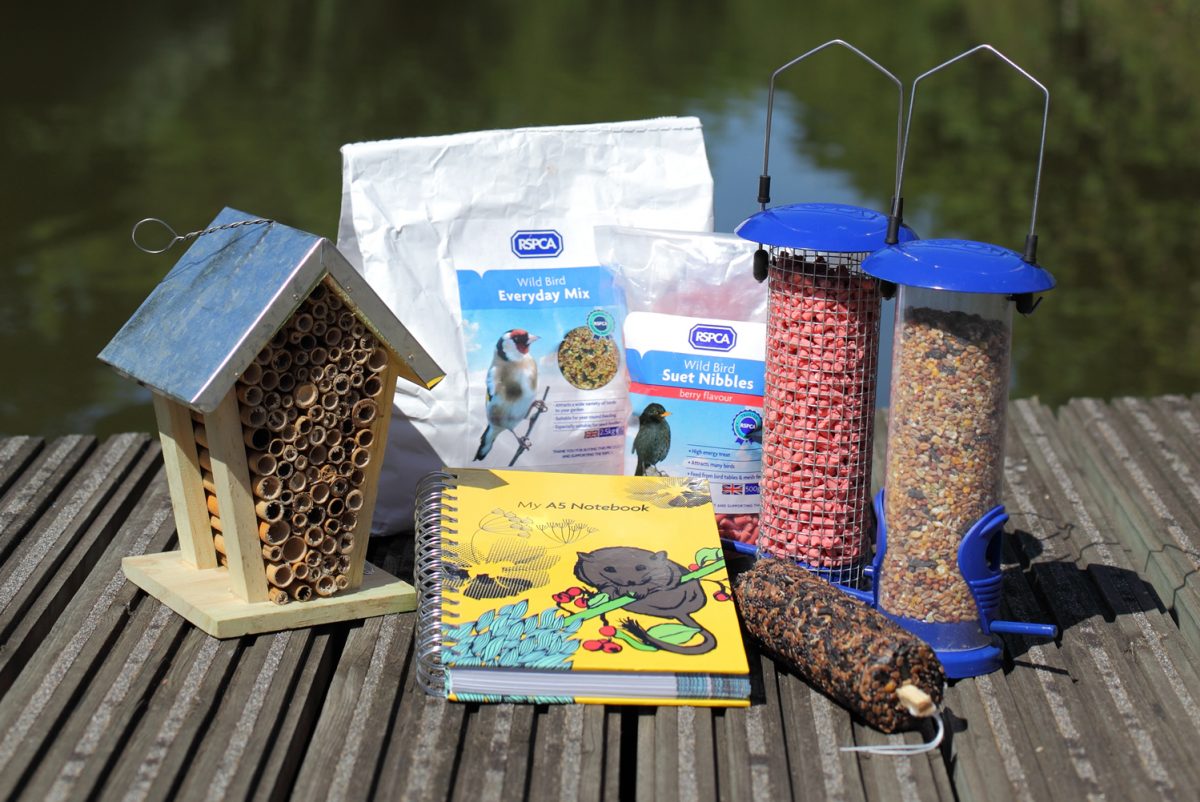Helping our feathered friends through the season
At this time of year and going into the Spring breeding season, garden birds really do appreciate a little boost when it comes to food. In fact, providing for birds all year round is a huge help to them, a reliable food source will always be welcomed. There is a plethora of feeders and bird tables around but what would best suit you? The first obvious consideration is if you have pets of your own. Placing bird feeders up high, away from accessible branches will help stop cats from getting to the birds. Also, make sure feeders are away from shrubs and other cover in which stalking felines can hide. Tables with metal poles make it harder for cats to access the top plinth, wooden ones can be easily scaled by a tenacious moggie! If you have a pet dog, make sure they don’t take advantage of any food the birds scatter! What’s good for Tweety-pie may make Rover ill!
As well as bird tables, you can get feeders designed for specific seeds/nuts/food and therefore encourage different species. Not got a garden? Then you can buy window feeders which can attract birds right up close and personal!
What is best to feed garden birds?
There are a variety of foods and even kitchen scraps that birds find delicious
- Seeds and grains (Nyger, sunflower seeds and millet).
- Peanuts (unsalted in a metal feeder).
- Suet/fat balls (these are best fed in a specific feeder. Those that are in nets can trap and or tangle birds and lead to injury or even fatalities).
- Apples, pears and other soft fruit.
- Insect based food (mealworms etc)
- Table scraps like cooked pasta or rice, boiled potato, cheese (small amounts as there is a lot of salt in cheese) raisins and sultanas.
Don’t forget water!
Birds need access to clean water not just to drink but also to bathe. Keeping their feathers spick and span means they are better insulated again the cold.
Clean feeding stations regularly
Rotten or mouldy food can cause more harm than good. Sadly, garden birds die each year through transmission of disease and unless your feeders are kept clean, they could possibly be the cause. Wash regularly and allow to dry to help eliminate potential infection.
Want more info?
Find out what to do if you have found a sick or injured bird or a fledgling bird.
RSPCA England and Wales bird feeding and care guide.
Found a dead bird? Please report and dead or diseased birds in your garden to Garden Wildlife Health Project

